| [[WM:TECHBLOG]] |
XML |
Thursday, 28 November 2024 06:01 |
Thursday, 28 November 2024 07:01 |
| All Things Linguistic |
XML |
Thursday, 28 November 2024 06:01 |
Thursday, 28 November 2024 07:01 |
| Andy Mabbett, aka pigsonthewing. |
XML |
Thursday, 28 November 2024 06:01 |
Thursday, 28 November 2024 07:01 |
| Anna writes |
XML |
Thursday, 28 November 2024 06:01 |
Thursday, 28 November 2024 07:01 |
| BaChOuNdA |
XML |
Thursday, 28 November 2024 06:01 |
Thursday, 28 November 2024 07:01 |
| Bawolff's rants |
XML |
Thursday, 28 November 2024 06:01 |
Thursday, 28 November 2024 07:01 |
| Between the Brackets: a MediaWiki Podcast |
XML |
Thursday, 28 November 2024 06:01 |
Thursday, 28 November 2024 07:01 |
| Blog on Taavi Väänänen |
XML |
Thursday, 28 November 2024 06:01 |
Thursday, 28 November 2024 07:01 |
| Blogs on Santhosh Thottingal |
XML |
Thursday, 28 November 2024 06:01 |
Thursday, 28 November 2024 07:01 |
| Bookcrafting Guru |
XML |
Thursday, 28 November 2024 06:01 |
Thursday, 28 November 2024 07:01 |
| brionv |
XML |
Thursday, 28 November 2024 06:01 |
Thursday, 28 November 2024 07:01 |
| Catching Flies |
XML |
Thursday, 28 November 2024 06:01 |
Thursday, 28 November 2024 07:01 |
| Clouds & Unicorns |
XML |
Thursday, 28 November 2024 06:01 |
Thursday, 28 November 2024 07:01 |
| Cogito, Ergo Sumana tag: Wikimedia |
XML |
Thursday, 28 November 2024 06:01 |
Thursday, 28 November 2024 07:01 |
| Cometstyles.com |
XML |
Thursday, 28 November 2024 06:01 |
Thursday, 28 November 2024 07:01 |
| Commonists |
XML |
Thursday, 28 November 2024 06:01 |
Thursday, 28 November 2024 07:01 |
| Content Translation Update |
XML |
Thursday, 28 November 2024 06:01 |
Thursday, 28 November 2024 07:01 |
| cookies & code |
XML |
Thursday, 28 November 2024 06:01 |
Thursday, 28 November 2024 07:01 |
| Damian's Dev Blog |
XML |
Thursday, 28 November 2024 06:01 |
Thursday, 28 November 2024 07:01 |
| Design at Wikipedia |
XML |
Thursday, 28 November 2024 06:01 |
Thursday, 28 November 2024 07:01 |
| dialogicality |
XML |
Thursday, 28 November 2024 06:01 |
Thursday, 28 November 2024 07:01 |
| Diff |
XML |
Thursday, 28 November 2024 06:01 |
Thursday, 28 November 2024 07:01 |
| Doing the needful |
XML |
Thursday, 28 November 2024 06:01 |
Thursday, 28 November 2024 07:01 |
| Durova |
XML |
Thursday, 28 November 2024 06:01 |
Thursday, 28 November 2024 07:01 |
| Ed's Blog |
XML |
Thursday, 28 November 2024 06:01 |
Thursday, 28 November 2024 07:01 |
| Einstein University |
XML |
Thursday, 28 November 2024 06:01 |
Thursday, 28 November 2024 07:01 |
| Endami |
XML |
Thursday, 28 November 2024 06:01 |
Thursday, 28 November 2024 07:01 |
| English Wikipedia administrators' newsletter |
XML |
Thursday, 28 November 2024 06:01 |
Thursday, 28 November 2024 07:01 |
| Fae |
XML |
Thursday, 28 November 2024 06:01 |
Thursday, 28 November 2024 07:01 |
| Federico Leva |
XML |
Thursday, 28 November 2024 06:01 |
Thursday, 28 November 2024 07:01 |
| FOSS – Small Town Tech |
XML |
Thursday, 28 November 2024 06:01 |
Thursday, 28 November 2024 07:01 |
| Gap-finding Project |
XML |
Thursday, 28 November 2024 06:01 |
Thursday, 28 November 2024 07:01 |
| Geni's Wikipedia Blog |
XML |
Thursday, 28 November 2024 06:01 |
Thursday, 28 November 2024 07:01 |
| http://ad.huikeshoven.org/feeds/posts/default/-/wiki |
XML |
Thursday, 28 November 2024 06:01 |
Thursday, 28 November 2024 07:01 |
| http://blog.maudite.cc/comments/feed |
XML |
Thursday, 28 November 2024 06:01 |
Thursday, 28 November 2024 07:01 |
| http://blog.pediapress.com/feeds/posts/default/-/wiki |
XML |
Thursday, 28 November 2024 06:01 |
Thursday, 28 November 2024 07:01 |
| http://blog.robinpepermans.be/feeds/posts/default/-/PlanetWM |
XML |
Thursday, 28 November 2024 06:01 |
Thursday, 28 November 2024 07:01 |
| http://bluerasberry.com/feed/ |
XML |
Thursday, 28 November 2024 06:01 |
Thursday, 28 November 2024 07:01 |
| http://brianna.modernthings.org/atom/?section=article |
XML |
Thursday, 28 November 2024 06:01 |
Thursday, 28 November 2024 07:01 |
| http://feeds.feedburner.com/ThoughtsForDeletion^ |
XML |
Thursday, 28 November 2024 06:01 |
Thursday, 28 November 2024 07:01 |
| http://magnusmanske.de/wordpress/?feed=rss2 |
XML |
Thursday, 28 November 2024 06:01 |
Thursday, 28 November 2024 07:01 |
| http://moriel.smarterthanthat.com/tag/mediawiki/feed/ |
XML |
Thursday, 28 November 2024 06:01 |
Thursday, 28 November 2024 07:01 |
| http://terrychay.com/category/work/wikimedia/feed |
XML |
Thursday, 28 November 2024 06:01 |
Thursday, 28 November 2024 07:01 |
| http://wikipediaweekly.org/feed/podcast |
XML |
Thursday, 28 November 2024 06:01 |
Thursday, 28 November 2024 07:01 |
| http://www.greenman.co.za/blog/?tag=wikimedia&feed=rss2 |
XML |
Thursday, 28 November 2024 06:01 |
Thursday, 28 November 2024 07:01 |
| http://www.phoebeayers.info/phlog/?cat=10&feed=rss2 |
XML |
Thursday, 28 November 2024 06:01 |
Thursday, 28 November 2024 07:01 |
| https://blog.ash.bzh/en/feed/ |
XML |
Thursday, 28 November 2024 06:01 |
Thursday, 28 November 2024 07:01 |
| https://blog.bluespice.com/tag/mediawiki/feed/ |
XML |
Thursday, 28 November 2024 06:01 |
Thursday, 28 November 2024 07:01 |
| https://blog.kevinpayravi.com/tag/wikimedia/feed/ |
XML |
Thursday, 28 November 2024 06:01 |
Thursday, 28 November 2024 07:01 |
| https://blog.wikimedia.de/tag/Wikidata+English/feed/ |
XML |
Thursday, 28 November 2024 06:01 |
Thursday, 28 November 2024 07:01 |
| https://hexmode.com/category/wmf/feed/atom/ |
XML |
Thursday, 28 November 2024 06:01 |
Thursday, 28 November 2024 07:01 |
| https://logic10.tumblr.com/ |
XML |
Thursday, 28 November 2024 06:01 |
Thursday, 28 November 2024 07:01 |
| https://lu.is/wikimedia/feed/ |
XML |
Thursday, 28 November 2024 06:01 |
Thursday, 28 November 2024 07:01 |
| https://mariapacana.tumblr.com/tagged/parsoid/rss |
XML |
Thursday, 28 November 2024 06:01 |
Thursday, 28 November 2024 07:01 |
| https://medium.com/feed/@nehajha |
XML |
Thursday, 28 November 2024 06:01 |
Thursday, 28 November 2024 07:01 |
| https://thewikipedian.net/feed/ |
XML |
Thursday, 28 November 2024 06:01 |
Thursday, 28 November 2024 07:01 |
| https://tttwrites.wordpress.com/category/wikimedia/feed/ |
XML |
Thursday, 28 November 2024 06:01 |
Thursday, 28 November 2024 07:01 |
| https://wandacode.com/category/outreachy-internship/feed/ |
XML |
Thursday, 28 November 2024 06:01 |
Thursday, 28 November 2024 07:01 |
| https://wikistrategies.net/category/wiki/feed/atom/ |
XML |
Thursday, 28 November 2024 06:01 |
Thursday, 28 November 2024 07:01 |
| https://wllm.com/tag/wikipedia/feed/ |
XML |
Thursday, 28 November 2024 06:01 |
Thursday, 28 November 2024 07:01 |
| https://www.guillaumepaumier.com/category/wikimedia/feed/ |
XML |
Thursday, 28 November 2024 06:01 |
Thursday, 28 November 2024 07:01 |
| https://www.residentmar.io/feed |
XML |
Thursday, 28 November 2024 06:01 |
Thursday, 28 November 2024 07:01 |
| https://www.wikiphotographer.net/category/wikimedia-commons/feed/ |
XML |
Thursday, 28 November 2024 06:01 |
Thursday, 28 November 2024 07:01 |
| in English Archives - Wikimedia Suomi |
XML |
Thursday, 28 November 2024 06:01 |
Thursday, 28 November 2024 07:01 |
| International Wikitrekk |
XML |
Thursday, 28 November 2024 06:01 |
Thursday, 28 November 2024 07:01 |
| Language and Translation |
XML |
Thursday, 28 November 2024 06:01 |
Thursday, 28 November 2024 07:01 |
| Laura Hale, Wikinews reporter |
XML |
Thursday, 28 November 2024 06:01 |
Thursday, 28 November 2024 07:01 |
| Leave it to the prose |
XML |
Thursday, 28 November 2024 06:01 |
Thursday, 28 November 2024 07:01 |
| Make love, not traffic. |
XML |
Thursday, 28 November 2024 06:01 |
Thursday, 28 November 2024 07:01 |
| Mark Rauterkus & Running Mates ponder current events |
XML |
Thursday, 28 November 2024 06:01 |
Thursday, 28 November 2024 07:01 |
| MediaWiki and Wikimedia – etc. etc. |
XML |
Thursday, 28 November 2024 06:01 |
Thursday, 28 November 2024 07:01 |
| MediaWiki Testing |
XML |
Thursday, 28 November 2024 06:01 |
Thursday, 28 November 2024 07:01 |
| MediaWiki – addshore |
XML |
Thursday, 28 November 2024 06:01 |
Thursday, 28 November 2024 07:01 |
| MediaWiki – Chris Koerner |
XML |
Thursday, 28 November 2024 06:01 |
Thursday, 28 November 2024 07:01 |
| mediawiki – Hexmode's Weblog |
XML |
Thursday, 28 November 2024 06:01 |
Thursday, 28 November 2024 07:01 |
| MediaWiki – It rains like a saavi |
XML |
Thursday, 28 November 2024 06:01 |
Thursday, 28 November 2024 07:01 |
| MediaWiki – Ryan D Lane |
XML |
Thursday, 28 November 2024 06:01 |
Thursday, 28 November 2024 07:01 |
| Ministry of Wiki Affairs |
XML |
Thursday, 28 November 2024 06:01 |
Thursday, 28 November 2024 07:01 |
| Muddyb Mwanaharakati |
XML |
Thursday, 28 November 2024 06:01 |
Thursday, 28 November 2024 07:01 |
| Musings of Majorly |
XML |
Thursday, 28 November 2024 06:01 |
Thursday, 28 November 2024 07:01 |
| My Outreachy 2017 @ Wikimedia Foundation |
XML |
Thursday, 28 November 2024 06:01 |
Thursday, 28 November 2024 07:01 |
| NonNotableNatterings |
XML |
Thursday, 28 November 2024 06:01 |
Thursday, 28 November 2024 07:01 |
| Notes from the Bleeding Edge |
XML |
Thursday, 28 November 2024 06:01 |
Thursday, 28 November 2024 07:01 |
| Nothing three |
XML |
Thursday, 28 November 2024 06:01 |
Thursday, 28 November 2024 07:01 |
| Okinovo okýnko |
XML |
Thursday, 28 November 2024 06:01 |
Thursday, 28 November 2024 07:01 |
| Open Codex |
XML |
Thursday, 28 November 2024 06:01 |
Thursday, 28 November 2024 07:01 |
| Open Source Exile |
XML |
Thursday, 28 November 2024 06:01 |
Thursday, 28 November 2024 07:01 |
| Original Research |
XML |
Thursday, 28 November 2024 06:01 |
Thursday, 28 November 2024 07:01 |
| Pablo Garuda |
XML |
Thursday, 28 November 2024 06:01 |
Thursday, 28 November 2024 07:01 |
| Pau Giner |
XML |
Thursday, 28 November 2024 06:01 |
Thursday, 28 November 2024 07:01 |
| Personal – The Moon on a Stick |
XML |
Thursday, 28 November 2024 06:01 |
Thursday, 28 November 2024 07:01 |
| Phabricating Phabricator |
XML |
Thursday, 28 November 2024 06:01 |
Thursday, 28 November 2024 07:01 |
| Planet Wikimedia Archives - Entropy Wins |
XML |
Thursday, 28 November 2024 06:01 |
Thursday, 28 November 2024 07:01 |
| Planet Wikimedia – OpenMeetings.org | Announcements |
XML |
Thursday, 28 November 2024 06:01 |
Thursday, 28 November 2024 07:01 |
| planetwikimedia – copyrighteous |
XML |
Thursday, 28 November 2024 06:01 |
Thursday, 28 November 2024 07:01 |
| Political Bias on Wikipedia |
XML |
Thursday, 28 November 2024 06:01 |
Thursday, 28 November 2024 07:01 |
| Posts (#wikimedia) |
XML |
Thursday, 28 November 2024 06:01 |
Thursday, 28 November 2024 07:01 |
| Professional Wiki Blog |
XML |
Thursday, 28 November 2024 06:01 |
Thursday, 28 November 2024 07:01 |
| project-green-smw |
XML |
Thursday, 28 November 2024 06:01 |
Thursday, 28 November 2024 07:01 |
| ProWiki Blog |
XML |
Thursday, 28 November 2024 06:01 |
Thursday, 28 November 2024 07:01 |
| Ramblings by Paolo on Web2.0, Wikipedia, Social Networking, Trust,
Reputation, … |
XML |
Thursday, 28 November 2024 06:01 |
Thursday, 28 November 2024 07:01 |
| Rock drum |
XML |
Thursday, 28 November 2024 06:01 |
Thursday, 28 November 2024 07:01 |
| Routing knowledge |
XML |
Thursday, 28 November 2024 06:01 |
Thursday, 28 November 2024 07:01 |
| Sam Wilson's notebook |
XML |
Thursday, 28 November 2024 06:01 |
Thursday, 28 November 2024 07:01 |
| Sam Wilson: Wikimedia |
XML |
Thursday, 28 November 2024 06:01 |
Thursday, 28 November 2024 07:01 |
| Sammy's Blog |
XML |
Thursday, 28 November 2024 06:01 |
Thursday, 28 November 2024 07:01 |
| Score all the things |
XML |
Thursday, 28 November 2024 06:01 |
Thursday, 28 November 2024 07:01 |
| Scripts++ |
XML |
Thursday, 28 November 2024 06:01 |
Thursday, 28 November 2024 07:01 |
| Semantic MediaWiki – news |
XML |
Thursday, 28 November 2024 06:01 |
Thursday, 28 November 2024 07:01 |
| Sentiments of a Dissident |
XML |
Thursday, 28 November 2024 06:01 |
Thursday, 28 November 2024 07:01 |
| Stories by Megha Sharma on Medium |
XML |
Thursday, 28 November 2024 06:01 |
Thursday, 28 November 2024 07:01 |
| Sue Gardner's Blog |
XML |
Thursday, 28 November 2024 06:01 |
Thursday, 28 November 2024 07:01 |
| Tech News weekly bulletin feed |
XML |
Thursday, 28 November 2024 06:01 |
Thursday, 28 November 2024 07:01 |
| Technical & On-topic – Mike Baynton’s Mediawiki Dev Blog |
XML |
Thursday, 28 November 2024 06:01 |
Thursday, 28 November 2024 07:01 |
| The Academic Wikipedian |
XML |
Thursday, 28 November 2024 06:01 |
Thursday, 28 November 2024 07:01 |
| The Lego Mirror - MediaWiki |
XML |
Thursday, 28 November 2024 06:01 |
Thursday, 28 November 2024 07:01 |
| The life of James R. |
XML |
Thursday, 28 November 2024 06:01 |
Thursday, 28 November 2024 07:01 |
| The Signpost |
XML |
Thursday, 28 November 2024 06:01 |
Thursday, 28 November 2024 07:01 |
| The Speed of Thought |
XML |
Thursday, 28 November 2024 06:01 |
Thursday, 28 November 2024 07:01 |
| TheDJ writes |
XML |
Thursday, 28 November 2024 06:01 |
Thursday, 28 November 2024 07:01 |
| This Month in GLAM |
XML |
Thursday, 28 November 2024 06:01 |
Thursday, 28 November 2024 07:01 |
| Timo Tijhof |
XML |
Thursday, 28 November 2024 06:01 |
Thursday, 28 November 2024 07:01 |
| Ting's Wikimedia Blog |
XML |
Thursday, 28 November 2024 06:01 |
Thursday, 28 November 2024 07:01 |
| Tyler Cipriani: blog |
XML |
Thursday, 28 November 2024 06:01 |
Thursday, 28 November 2024 07:01 |
| Vinitha's blog |
XML |
Thursday, 28 November 2024 06:01 |
Thursday, 28 November 2024 07:01 |
| weekly – semanario – hebdo – 週刊 – týdeník – Wochennotiz – 주간 –
tygodnik |
XML |
Thursday, 28 November 2024 06:01 |
Thursday, 28 November 2024 07:01 |
| What is going on in Europe? |
XML |
Thursday, 28 November 2024 06:01 |
Thursday, 28 November 2024 07:01 |
| Wiki Education |
XML |
Thursday, 28 November 2024 06:01 |
Thursday, 28 November 2024 07:01 |
| Wiki Loves Monuments |
XML |
Thursday, 28 November 2024 06:01 |
Thursday, 28 November 2024 07:01 |
| Wiki Northeast |
XML |
Thursday, 28 November 2024 06:01 |
Thursday, 28 November 2024 07:01 |
| Wiki Playtime - Medium |
XML |
Thursday, 28 November 2024 06:01 |
Thursday, 28 November 2024 07:01 |
| wiki – David Gerard |
XML |
Thursday, 28 November 2024 06:01 |
Thursday, 28 November 2024 07:01 |
| wiki – Gabriel Pollard |
XML |
Thursday, 28 November 2024 06:01 |
Thursday, 28 November 2024 07:01 |
| wiki – Our new mind |
XML |
Thursday, 28 November 2024 06:01 |
Thursday, 28 November 2024 07:01 |
| wiki – stu.blog |
XML |
Thursday, 28 November 2024 06:01 |
Thursday, 28 November 2024 07:01 |
| wiki – The life on Wikipedia – A Wikignome's perspecive |
XML |
Thursday, 28 November 2024 06:01 |
Thursday, 28 November 2024 07:01 |
| wiki – Ziko's Blog |
XML |
Thursday, 28 November 2024 06:01 |
Thursday, 28 November 2024 07:01 |
| wiki-en – [[content|comment]] |
XML |
Thursday, 28 November 2024 06:01 |
Thursday, 28 November 2024 07:01 |
| Wikibooks News |
XML |
Thursday, 28 November 2024 06:01 |
Thursday, 28 November 2024 07:01 |
| Wikimedia Australia news |
XML |
Thursday, 28 November 2024 06:01 |
Thursday, 28 November 2024 07:01 |
| Wikimedia DC Blog |
XML |
Thursday, 28 November 2024 06:01 |
Thursday, 28 November 2024 07:01 |
| Wikimedia Design Blog |
XML |
Thursday, 28 November 2024 06:01 |
Thursday, 28 November 2024 07:01 |
| Wikimedia Europe |
XML |
Thursday, 28 November 2024 06:01 |
Thursday, 28 November 2024 07:01 |
| Wikimedia Foundation |
XML |
Thursday, 28 November 2024 06:01 |
Thursday, 28 November 2024 07:01 |
| Wikimedia on Kosta Harlan |
XML |
Thursday, 28 November 2024 06:01 |
Thursday, 28 November 2024 07:01 |
| Wikimedia Security Team |
XML |
Thursday, 28 November 2024 06:01 |
Thursday, 28 November 2024 07:01 |
| Wikimedia Status - Incident History |
XML |
Thursday, 28 November 2024 06:01 |
Thursday, 28 November 2024 07:01 |
| Wikimedia Tech News |
XML |
Thursday, 28 November 2024 06:01 |
Thursday, 28 November 2024 07:01 |
| Wikimedia | ഗ്രന്ഥപ്പുര |
XML |
Thursday, 28 November 2024 06:01 |
Thursday, 28 November 2024 07:01 |
| wikimedia – andré klapper's blog. |
XML |
Thursday, 28 November 2024 06:01 |
Thursday, 28 November 2024 07:01 |
| wikimedia – apergos' open musings |
XML |
Thursday, 28 November 2024 06:01 |
Thursday, 28 November 2024 07:01 |
| wikimedia – Bitterscotch |
XML |
Thursday, 28 November 2024 06:01 |
Thursday, 28 November 2024 07:01 |
| Wikimedia – DcK Area |
XML |
Thursday, 28 November 2024 06:01 |
Thursday, 28 November 2024 07:01 |
| wikimedia – Harsh Kothari |
XML |
Thursday, 28 November 2024 06:01 |
Thursday, 28 November 2024 07:01 |
| Wikimedia – Jan Ainali |
XML |
Thursday, 28 November 2024 06:01 |
Thursday, 28 November 2024 07:01 |
| wikimedia – millosh’s blog |
XML |
Thursday, 28 November 2024 06:01 |
Thursday, 28 November 2024 07:01 |
| wikimedia – Open World |
XML |
Thursday, 28 November 2024 06:01 |
Thursday, 28 November 2024 07:01 |
| wikimedia – Thomas Dalton |
XML |
Thursday, 28 November 2024 06:01 |
Thursday, 28 November 2024 07:01 |
| Wikimedia – Tim Starling's blog |
XML |
Thursday, 28 November 2024 06:01 |
Thursday, 28 November 2024 07:01 |
| Wikimedia – Witty's Blog |
XML |
Thursday, 28 November 2024 06:01 |
Thursday, 28 November 2024 07:01 |
| Wikinews Reports |
XML |
Thursday, 28 November 2024 06:01 |
Thursday, 28 November 2024 07:01 |
| Wikipedia & Linterweb |
XML |
Thursday, 28 November 2024 06:01 |
Thursday, 28 November 2024 07:01 |
| Wikipedia - nointrigue.com |
XML |
Thursday, 28 November 2024 06:01 |
Thursday, 28 November 2024 07:01 |
| Wikipedia Archives — Andy Mabbett, aka pigsonthewing. |
XML |
Thursday, 28 November 2024 06:01 |
Thursday, 28 November 2024 07:01 |
| Wikipedia Notes from User:Wwwwolf |
XML |
Thursday, 28 November 2024 06:01 |
Thursday, 28 November 2024 07:01 |
| Wikipedia – Aharoni in Unicode |
XML |
Thursday, 28 November 2024 06:01 |
Thursday, 28 November 2024 07:01 |
| wikipedia – Andrew Gray |
XML |
Thursday, 28 November 2024 06:01 |
Thursday, 28 November 2024 07:01 |
| Wikipedia – Blossoming Soul |
XML |
Thursday, 28 November 2024 06:01 |
Thursday, 28 November 2024 07:01 |
| Wikipedia – Bold household |
XML |
Thursday, 28 November 2024 06:01 |
Thursday, 28 November 2024 07:01 |
| wikipedia – Going GNU |
XML |
Thursday, 28 November 2024 06:01 |
Thursday, 28 November 2024 07:01 |
| Wikipedia – mlog |
XML |
Thursday, 28 November 2024 06:01 |
Thursday, 28 November 2024 07:01 |
| Wikipedia – ragesoss |
XML |
Thursday, 28 November 2024 06:01 |
Thursday, 28 November 2024 07:01 |
| wikipedia – The Longest Now |
XML |
Thursday, 28 November 2024 06:01 |
Thursday, 28 November 2024 07:01 |
| Wikipedian in Residence for Gender Equity at West Virginia
University |
XML |
Thursday, 28 November 2024 06:01 |
Thursday, 28 November 2024 07:01 |
| WikiProject Oregon |
XML |
Thursday, 28 November 2024 06:01 |
Thursday, 28 November 2024 07:01 |
| Wikisorcery |
XML |
Thursday, 28 November 2024 06:01 |
Thursday, 28 November 2024 07:01 |
| Wikistaycation |
XML |
Thursday, 28 November 2024 06:01 |
Thursday, 28 November 2024 07:01 |
| wikitech – domas mituzas |
XML |
Thursday, 28 November 2024 06:01 |
Thursday, 28 November 2024 07:01 |
| WMUK |
XML |
Thursday, 28 November 2024 06:01 |
Thursday, 28 November 2024 07:01 |
| Words and what not |
XML |
Thursday, 28 November 2024 06:01 |
Thursday, 28 November 2024 07:01 |
| Wow. So wikimedia. Such quality. Many testing. Very team. |
XML |
Thursday, 28 November 2024 06:01 |
Thursday, 28 November 2024 07:01 |
| Writing Within the Rules |
XML |
Thursday, 28 November 2024 06:01 |
Thursday, 28 November 2024 07:01 |
| XD @ WP |
XML |
Thursday, 28 November 2024 06:01 |
Thursday, 28 November 2024 07:01 |
| {{Hatnote}} |
XML |
Thursday, 28 November 2024 06:01 |
Thursday, 28 November 2024 07:01 |
| Ø |
XML |
Thursday, 28 November 2024 06:01 |
Thursday, 28 November 2024 07:01 |
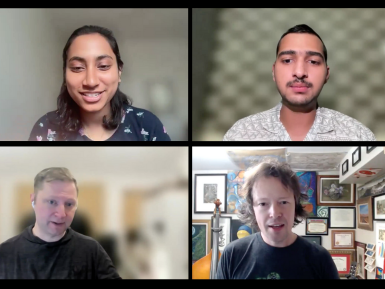
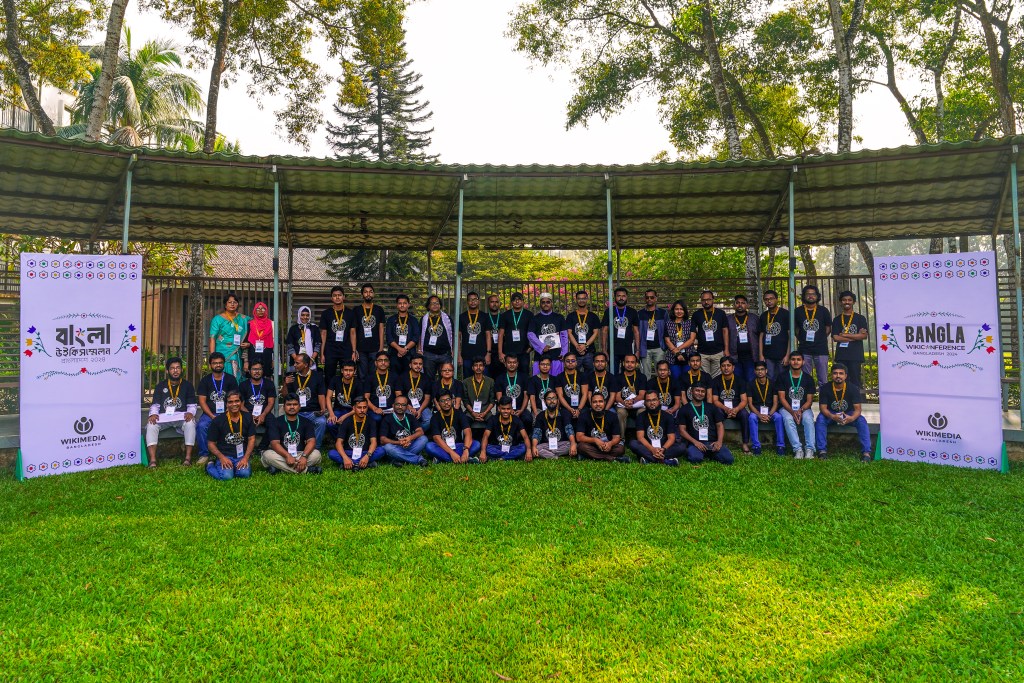
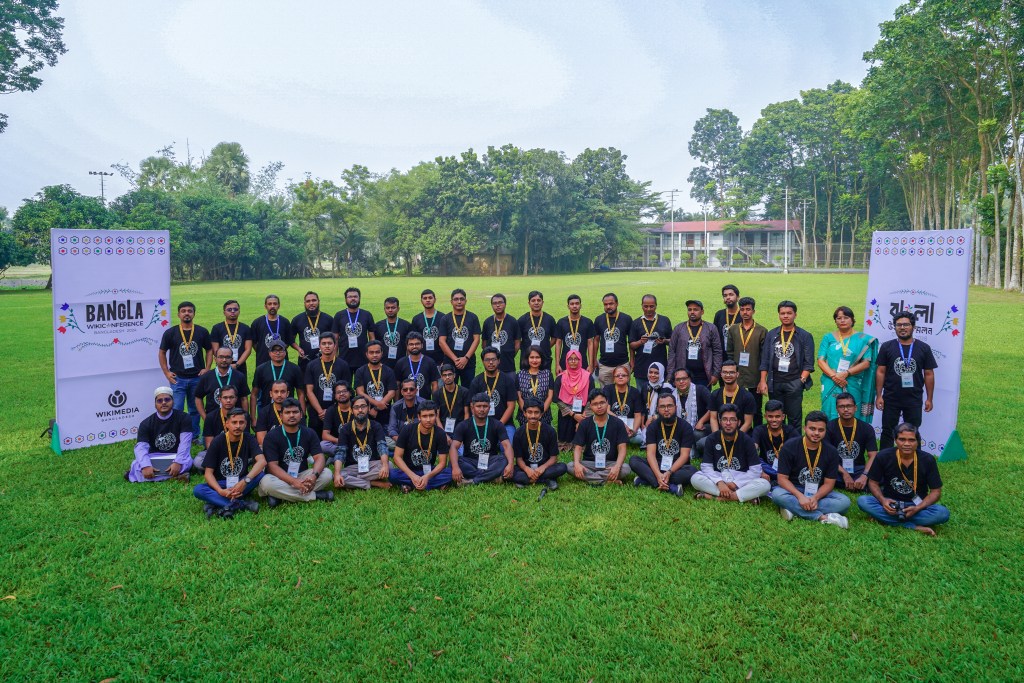
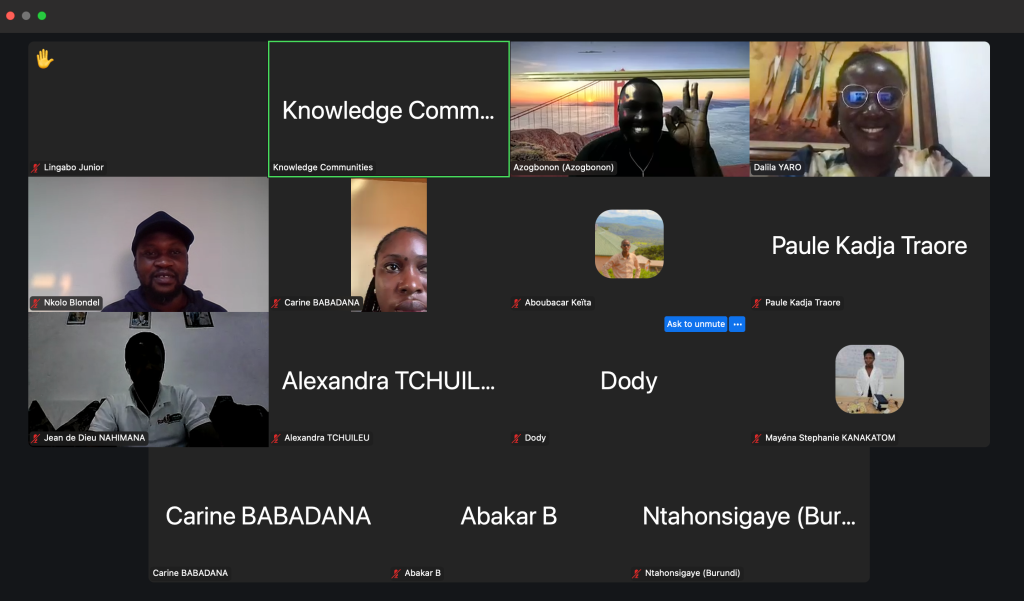
















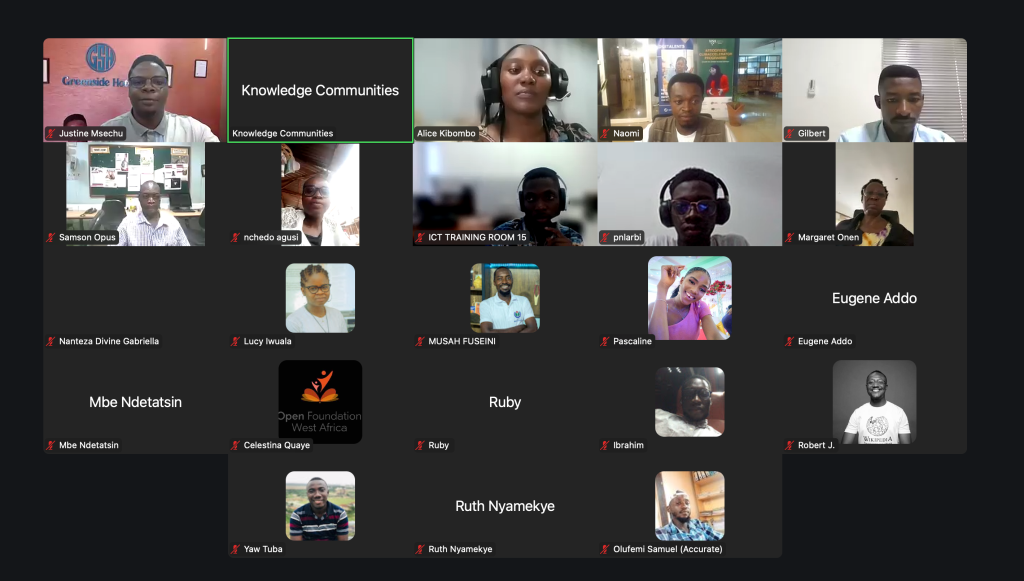
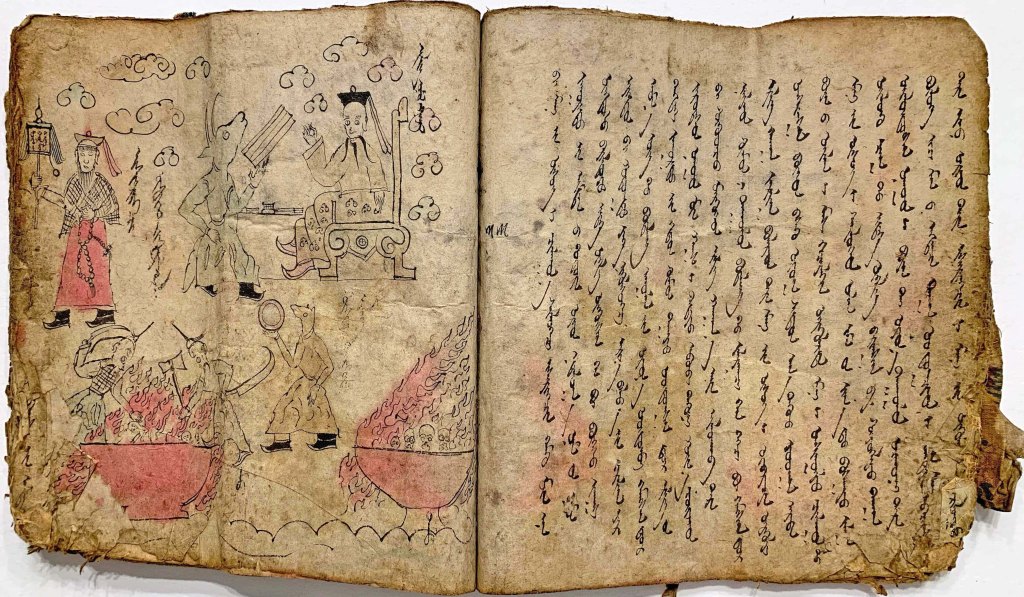
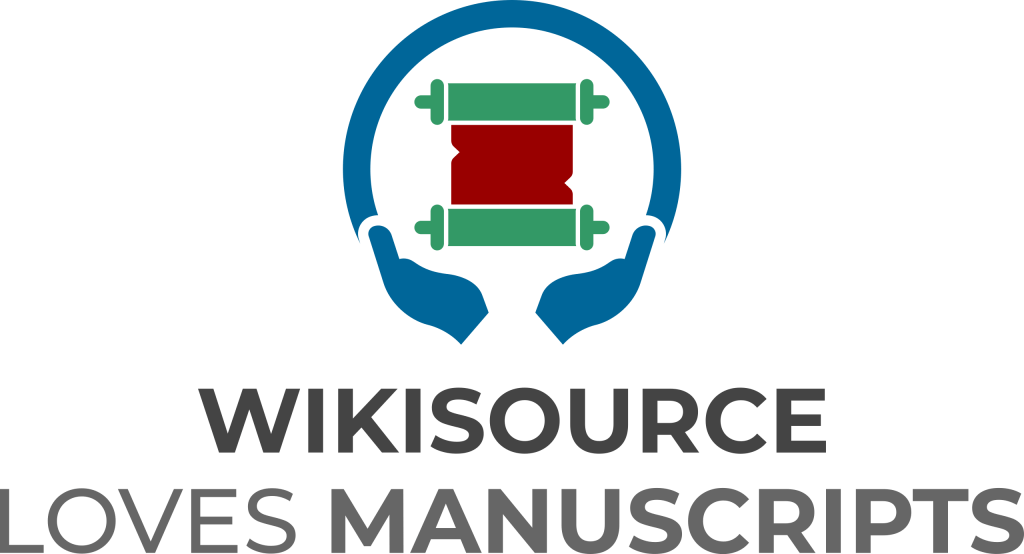
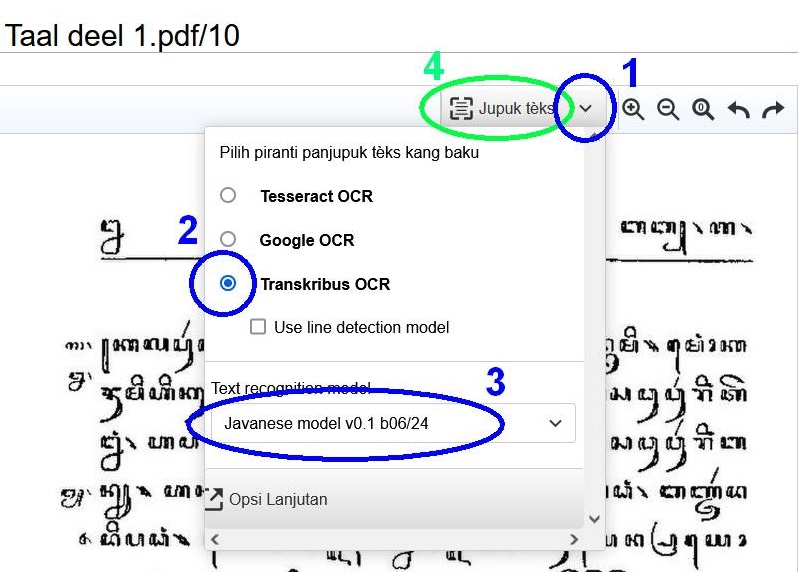


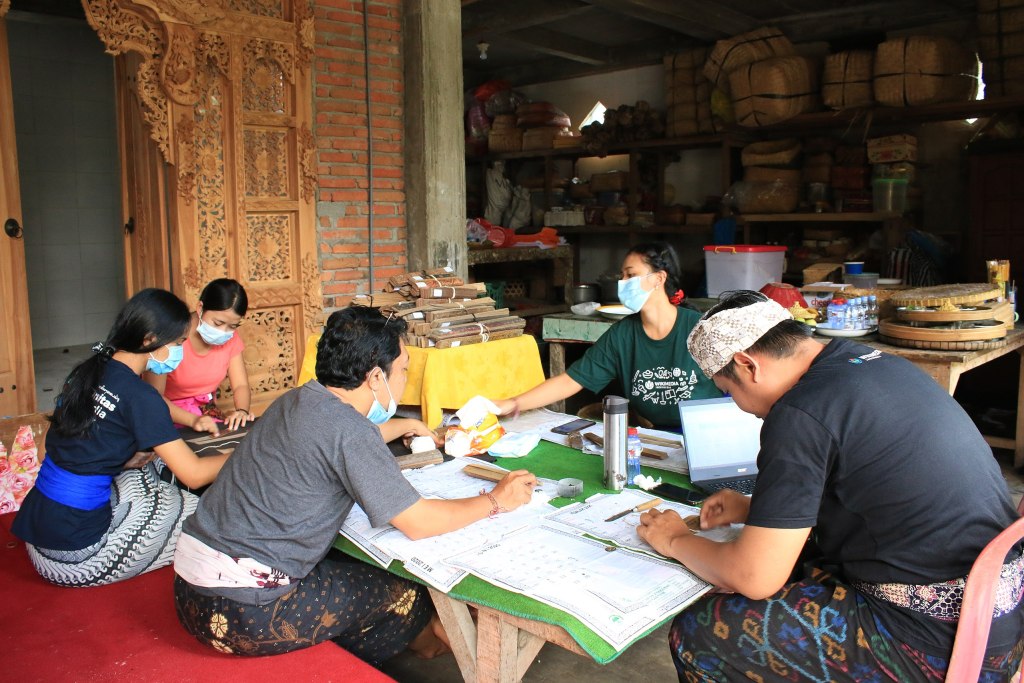

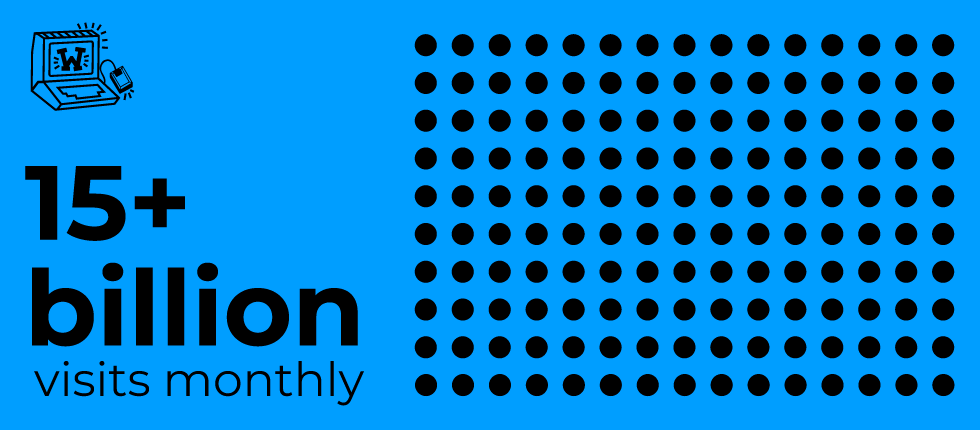
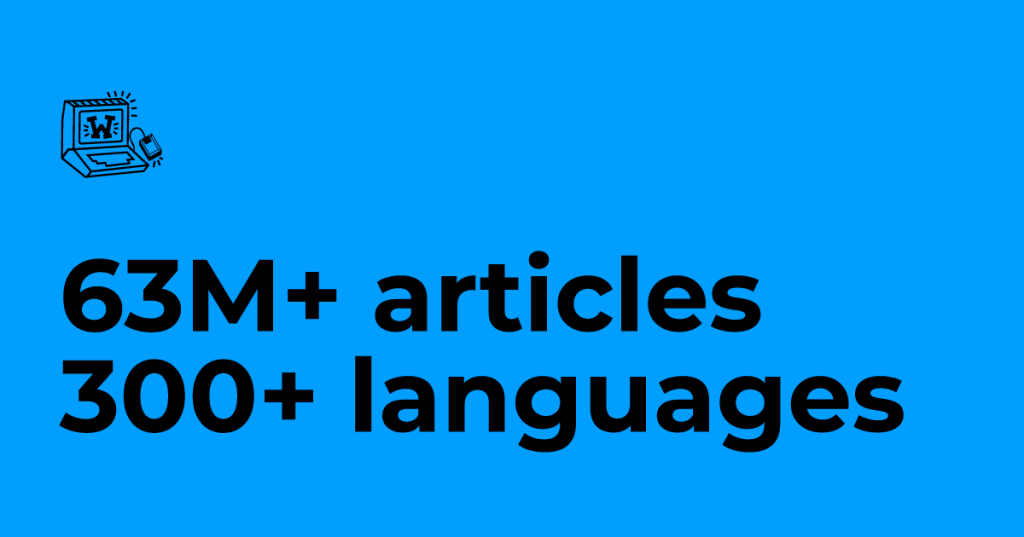
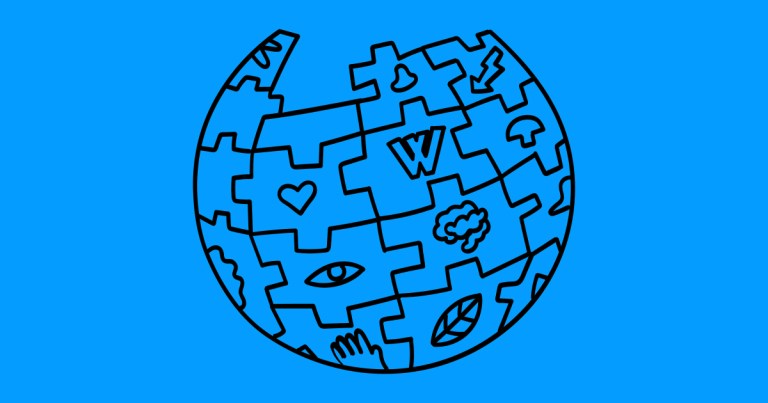

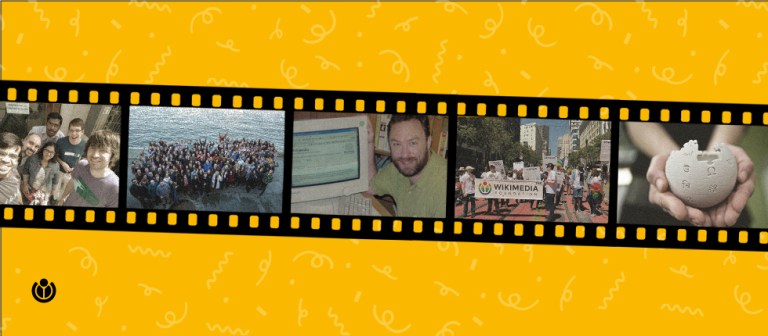





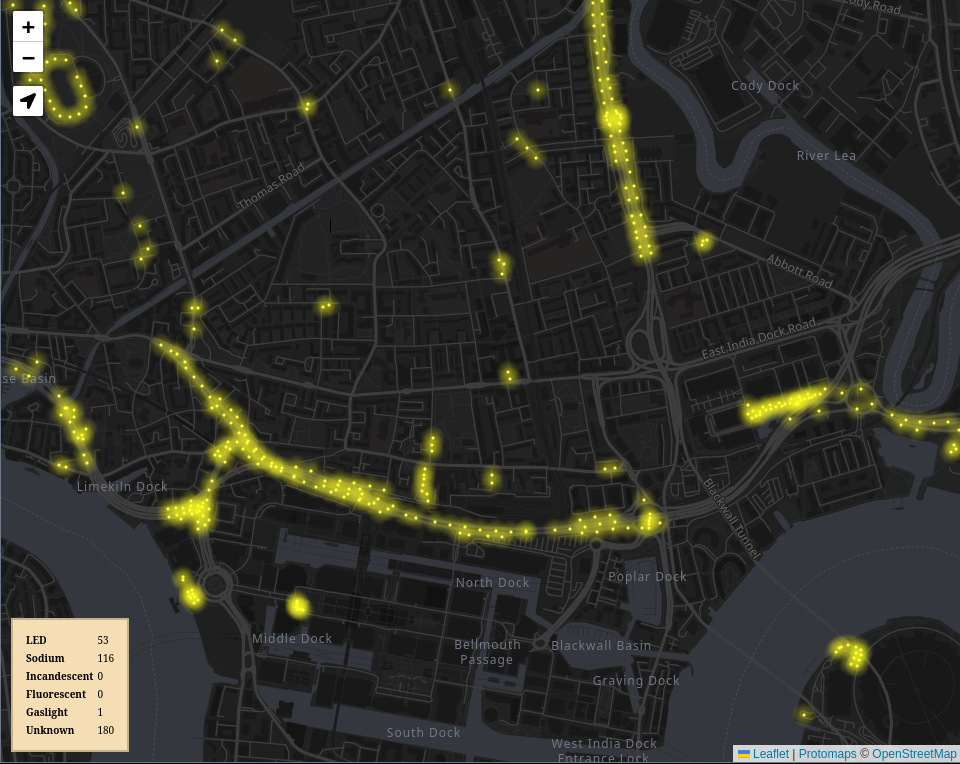




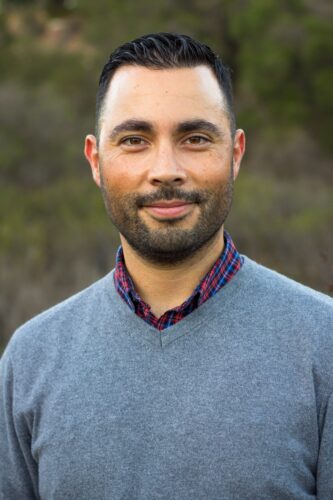



























Discuss this story